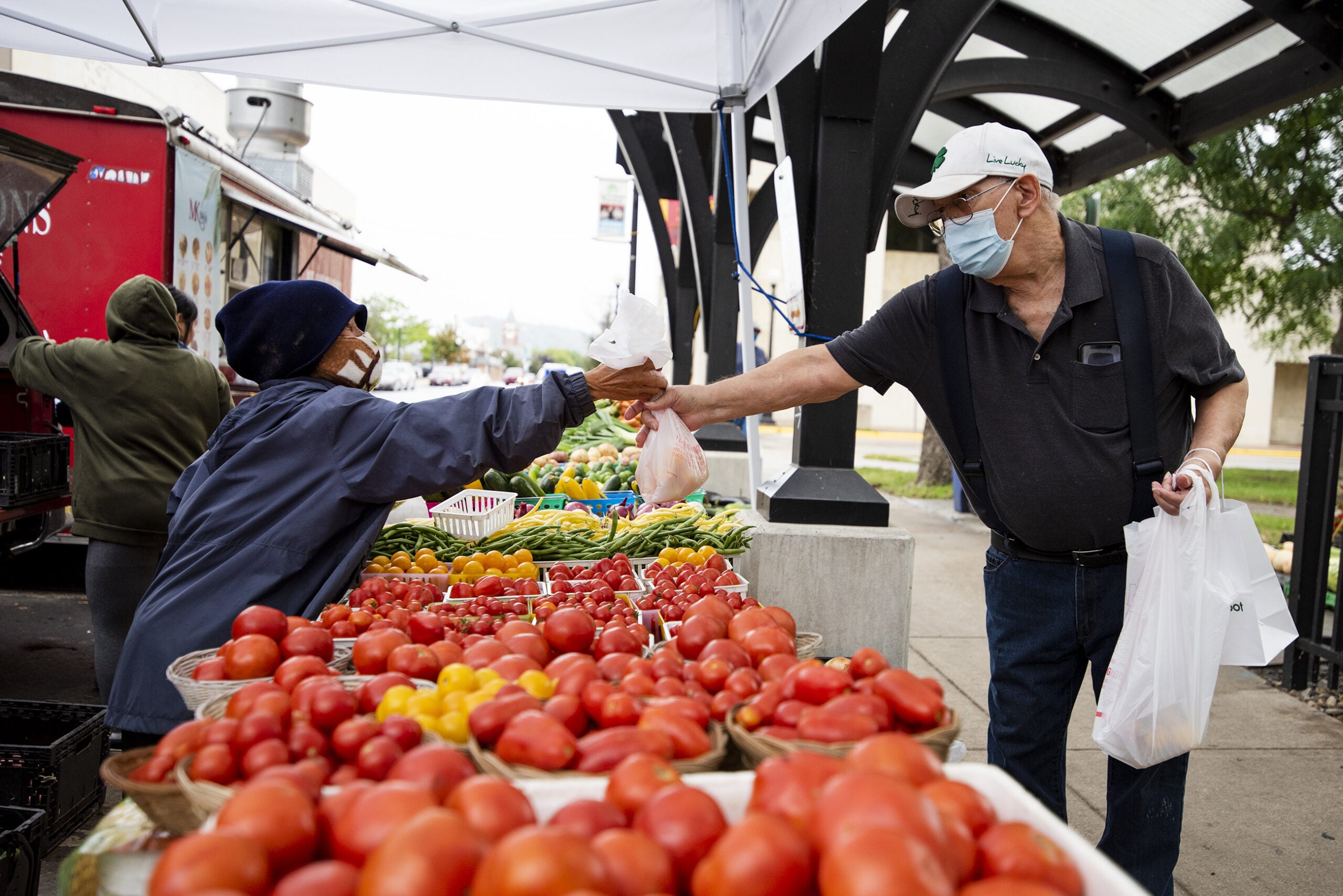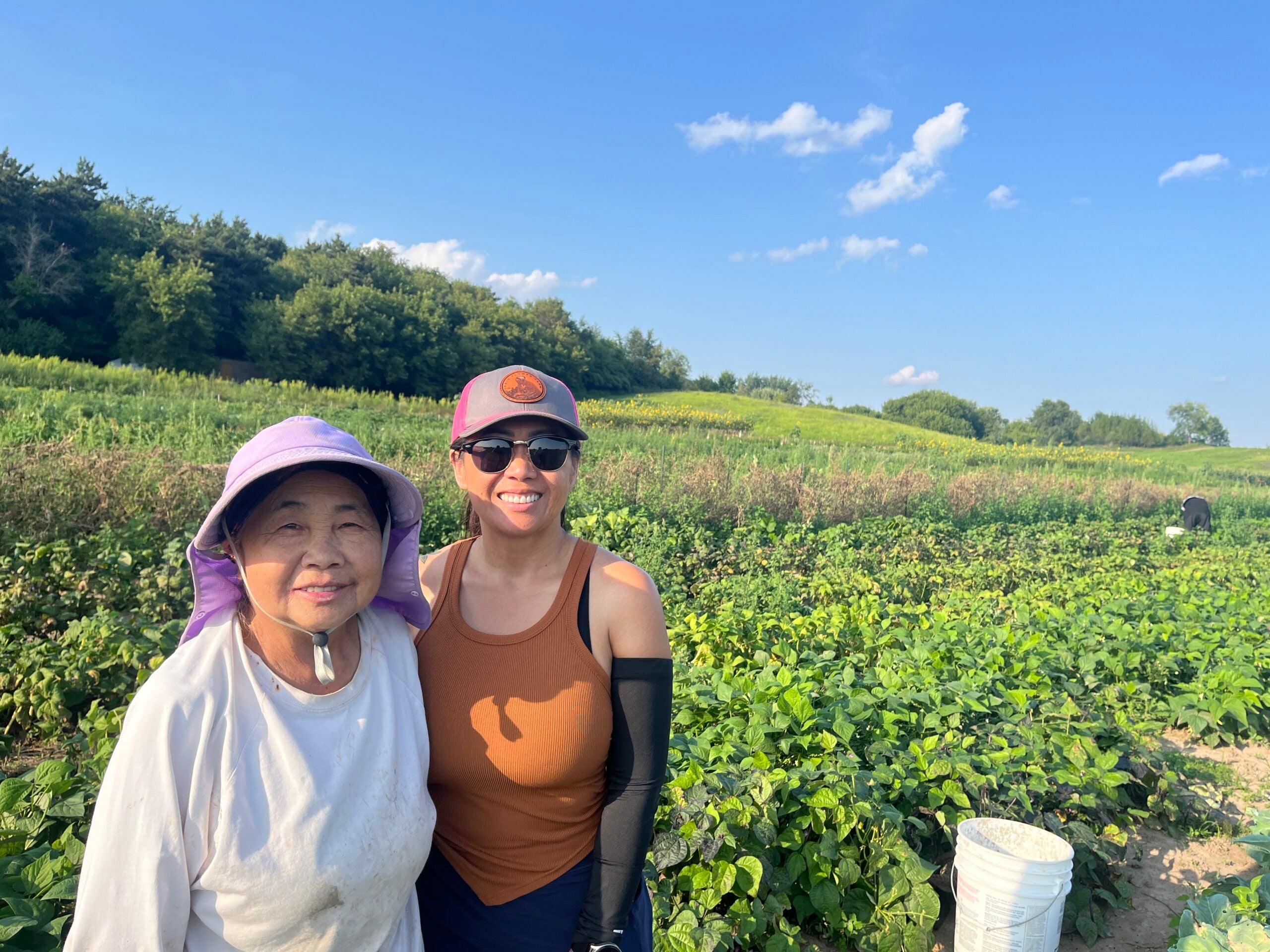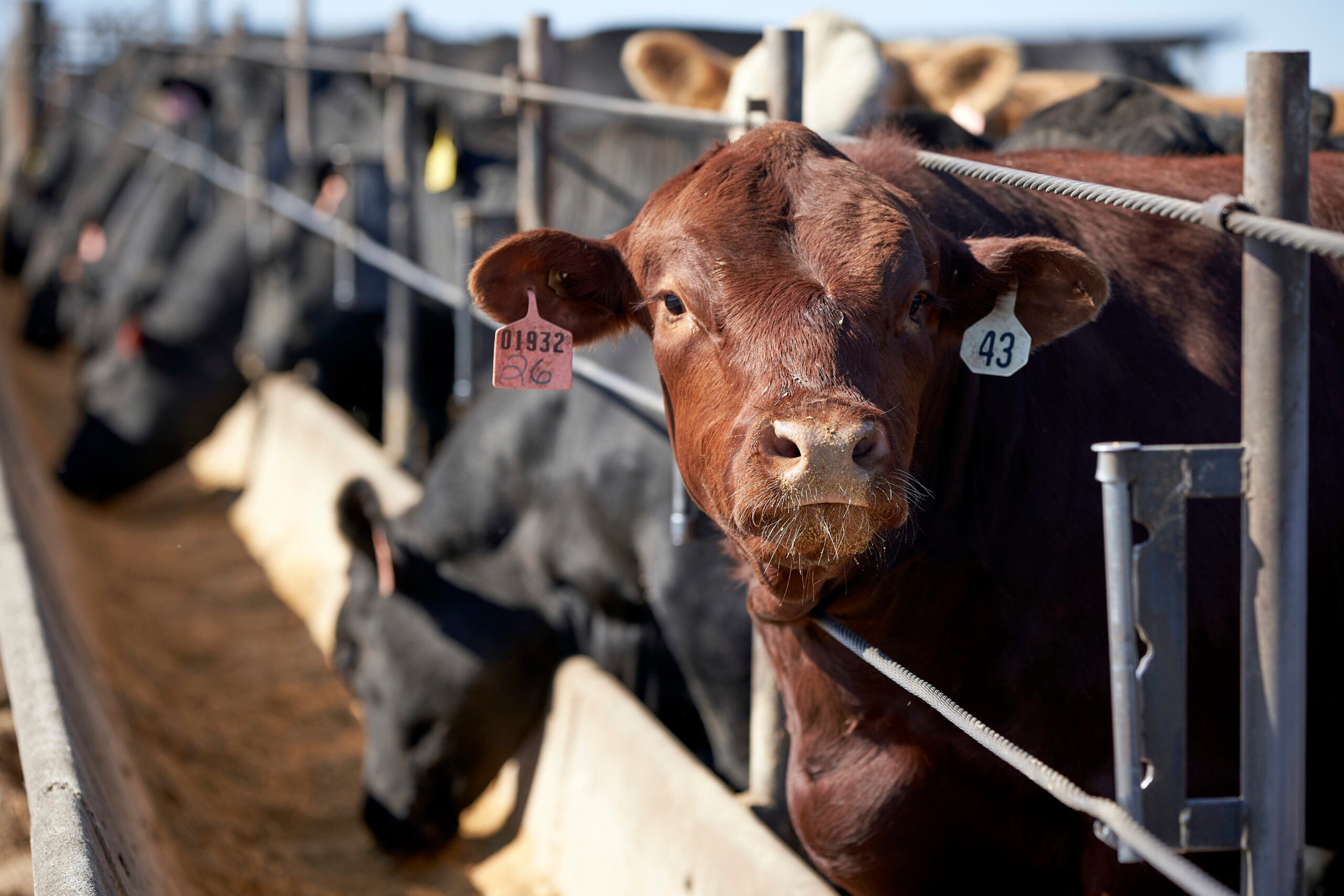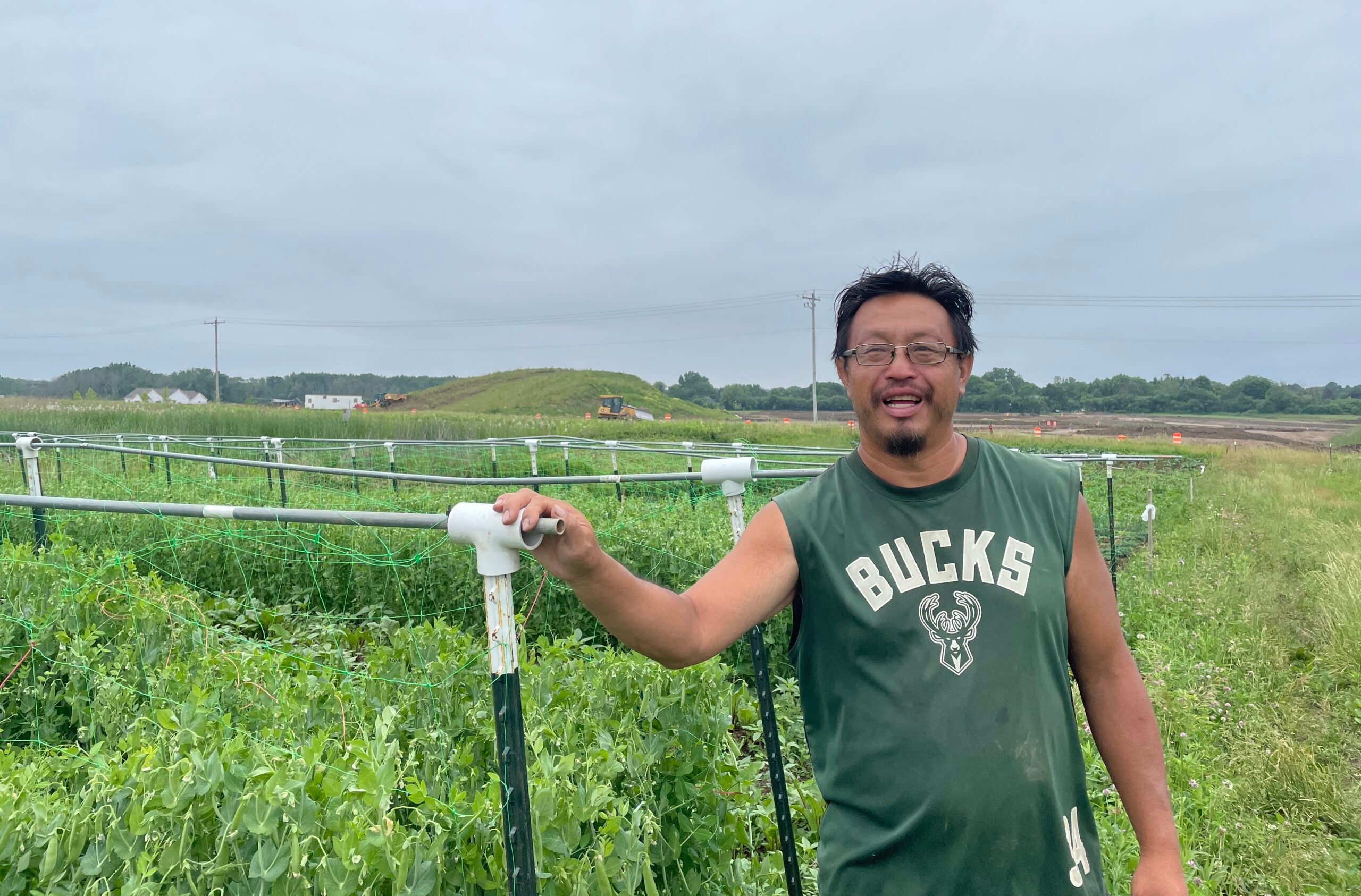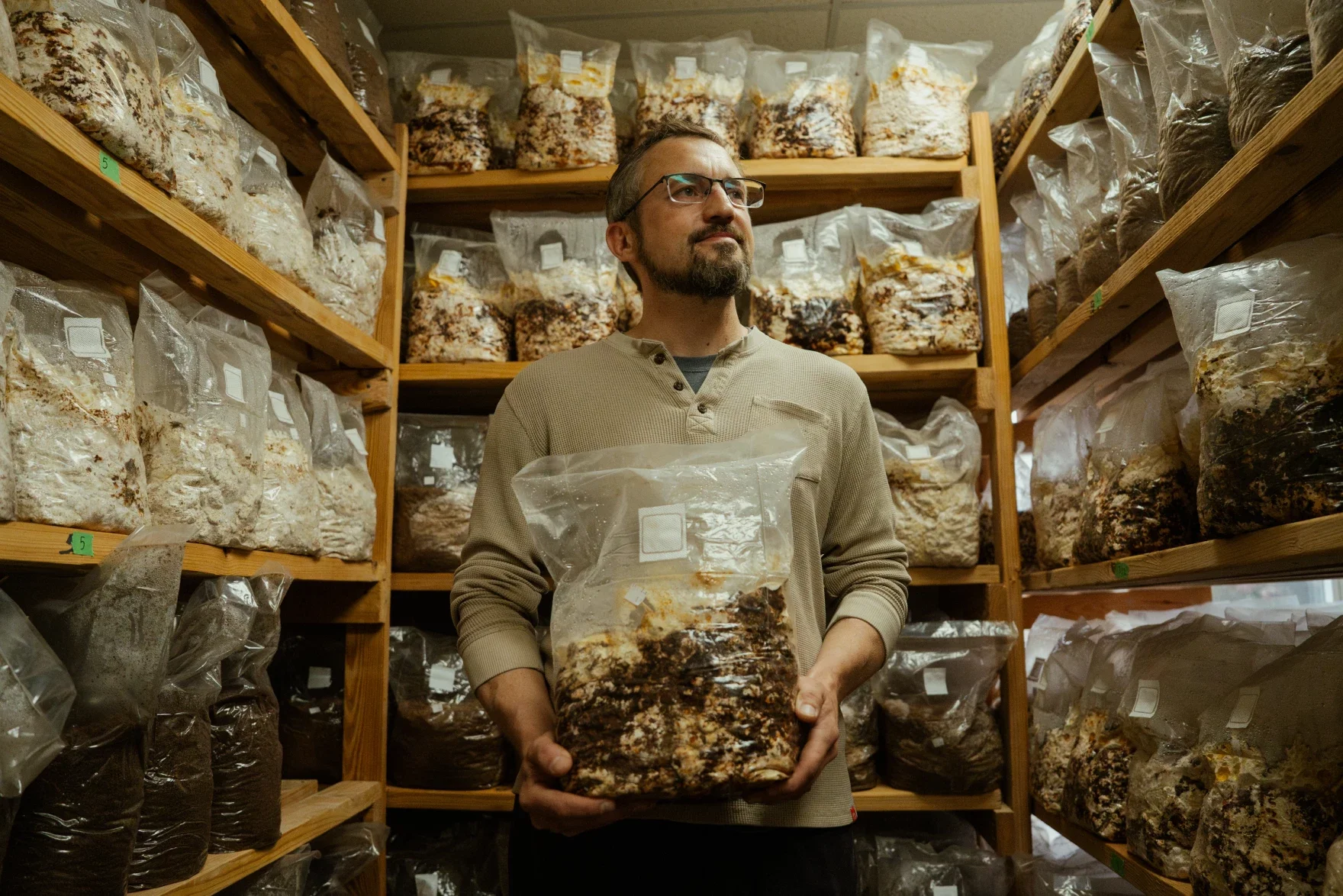The state Department of Agriculture, Trade and Consumer Protection will be hosting two farm financial workshops for Hmong producers in coming weeks. It’s the first time the agency has held this kind of event entirely in the Hmong language.
The workshops will focus on providing farmers with the basics of financial record keeping and highlighting federal programs and farm lenders that can provide funding to expand their businesses.
The first workshop will be held at the Eau Claire Area Hmong Mutual Assistance Association on Jan. 26 and the second event will be at the Compeer Financial office in Sun Prairie on Feb. 5. More information can be found on DATCP’s Facebook page.
News with a little more humanity
WPR’s “Wisconsin Today” newsletter keeps you connected to the state you love without feeling overwhelmed. No paywall. No agenda. No corporate filter.
Yimmuaj Yang, community director at advocacy group Groundswell Conservancy, is one of the presenters. She said the workshops are a great opportunity to expand access to farm financial resources.
“When you have these Hmong professionals who work at these different institutes or entities and they have resources available to help Hmong farmers, and they speak the language, they look like the Hmong farmer, Hmong farmers are able to put a name to a face and a face to an organization,” Yang said. “It just makes accessing any type of resource easier.”
In her work at Groundswell Conservancy, Yang helps farmers of color access land by working with individual producers and community groups. She said many of the Hmong farmers she’s worked with don’t keep the kinds of financial records lenders or federal agencies require. She said she hopes the DATCP workshops will give growers practical tools to get started and contacts for the future.
Andrew Bernhardt is an agriculture program specialist for DATCP who works on outreach to underserved farmer groups. He coordinated the workshops for Hmong growers and said he hopes they will help the agency build a better relationship with the community.
“My hope is that I can create a welcome environment so that any of the Hmong growers that have been hesitant or reluctant to attend workshops or an event might actually attend this time,” Bernhardt said. “That’s just about taking the time to earn trust and work with champions in their own community.”
Bernhardt said one of the topics he hopes will be most helpful is funding through the Natural Resources Conservation Services, or NRCS, for vegetable growers to purchase high tunnels, plastic covered structures that allow farmers to grow produce in colder or less favorable weather conditions.
“I know that many Hmong growers have been excited to try to get access to high tunnels, but those … could easily be $10,000 or more,” Bernhardt said. “They’ll be able to grow produce earlier and so this is going to have a really big impact on how much money (they earn) and how much produce they have for sale.”
The presentation will be given by Ka Ying Vang, who works for the NRCS office in Altoona. Vang said his organization doesn’t currently see a lot of participation from the Hmong community. He says that could be because organizations like his often use traditional ways to get the word out about opportunities.
“They put it into mainstream media, the local newspaper, things like that, that basically the Hmong community don’t really access any of that information. So they are really unaware of these programs,” Vang said.
He said the state’s Hmong community has agriculture is “in their blood,” many of which were active in farming well before coming to the U.S. But Vang said many older producers have struggled to get the funding needed to rent or buy farmland in the U.S.
“That’s the idea of (these workshops) is to provide that opportunity for a lot of our older generations, to let them know that, ‘Hey, if you do want to do that, there are resources from the government that will help you basically create the farm that you want,’” Vang said. “It gives them a little bit more opportunity to be what a lot of the older folks would be doing back in Laos and Thailand, and bringing more of the Hmong community back into the agricultural community.”
Yang said she’s already heard from two farmers she’s been working with who are excited to attend the workshop.
“They have been wanting to buy a farm for quite a while. They’ve been renting land to grow vegetables to sell at (a farmer’s) market and they’re just ready to move forward,” Yang said. “But without the extra assistance like what’s happening at the workshop, these farmers expressed that they wouldn’t be able to go out there and get a traditional loan to purchase a farm, or maybe they need more hands-on, technical assistance to make it happen.”
She hopes getting feedback from growers at the workshops will give DATCP officials a better idea of what kind of assistance would be most useful to Hmong farmers moving forward.
Wisconsin Public Radio, © Copyright 2026, Board of Regents of the University of Wisconsin System and Wisconsin Educational Communications Board.
